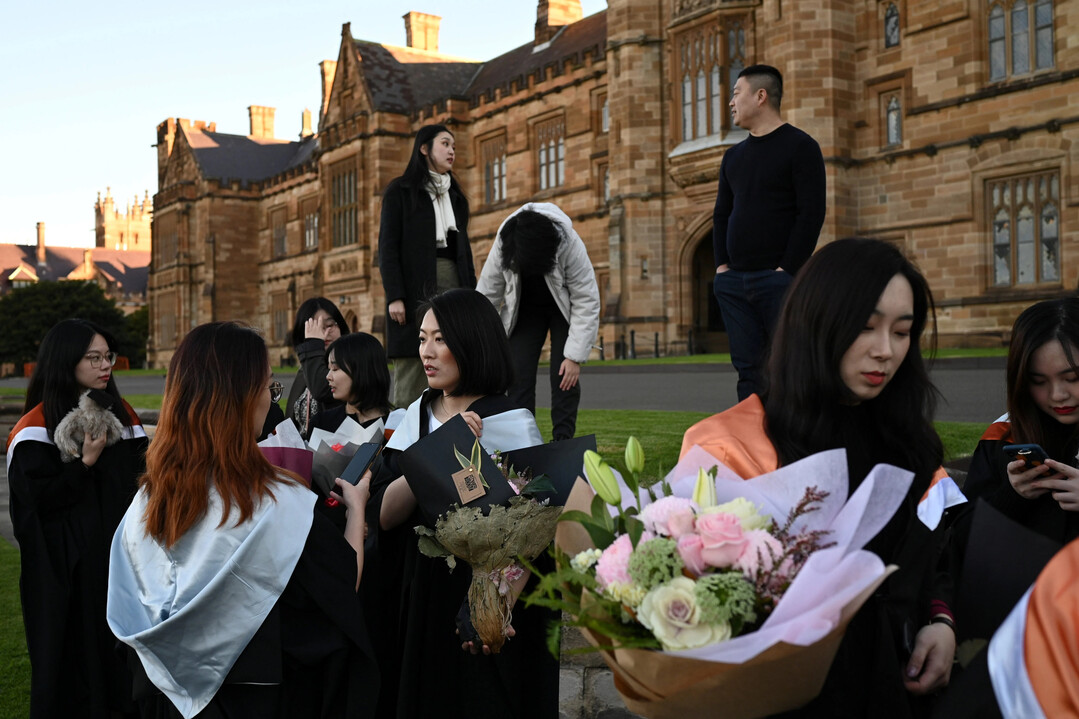
BEIJING — In a bid to address its declining birth rate, China is urging colleges and universities to implement "love education" programs. These initiatives aim to promote positive attitudes towards marriage, love, fertility, and family life.
The country's population has experienced two consecutive years of decline, prompting the government to introduce various measures to encourage childbirth. China's rapidly aging population poses significant challenges to its future economic growth and social welfare system.
Despite having the world's second-largest population, China's fertility rate has been steadily decreasing. College students, who are expected to be the primary drivers of future fertility, have increasingly adopted different perspectives on marriage and love.
To counteract this trend, the Jiangsu Xinhua newspaper group, citing China Population News, has called on educational institutions to incorporate marriage and love education courses into their curricula. These courses are intended to foster a "healthy and positive marriage and childbearing cultural atmosphere."
In November, the State Council urged local governments to prioritize addressing the population decline and promote respect for timely marriage and childbirth. However, demographers remain skeptical about the effectiveness of these measures in influencing the attitudes of young Chinese individuals.
A survey conducted by China Population News revealed that 57% of college students expressed reluctance to engage in romantic relationships, primarily due to concerns about balancing academic commitments with personal life.
[Copyright (c) Global Economic Times. All Rights Reserved.]




























